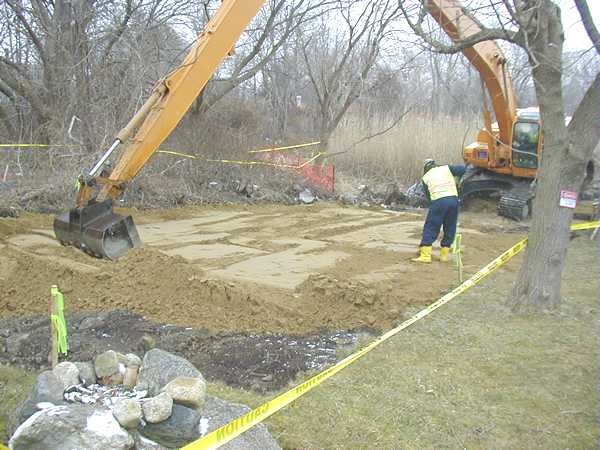There is an important citywide partnership in New York called Building Healthy Communities (BHC) that is designed to improve health and wellbeing in 12 neighbourhoods. A vital component of the BHC initiative is the Farms at NYCHA (New York City Housing Authority). NYCHA run six farms across the city in partnership with local community organisations in each area, with the produce given away to local residents at markets.
The Farm at NYCHA project is run in partnership with Green City Force, which is an AmeriCorps (American national and community service organisation) programme that provides service opportunities and skills training to adolescents. The benefits extend far beyond the free organic produce grown and include the creation of safe places and economic development.
Clean soil
The premise of an urban farm in the centre of a housing project and the resulting community is commendable; however, it is a complex process to coordinate, with significant challenges along the way. A ubiquitous issue in city environments is lead contamination in the soil. Problems of this sort require clean soil for each urban farm, which can be achieved using a soil remediation service.
A soil remediation service is perfect for this sort of scenario, as it is a process to treat contaminated soils by removing any pollutants or heavy metals and converting them into something less harmful. This process means produce can be grown in otherwise barren areas.
Public housing projects
The NYCHA director of health initiatives, Andrea Mata – who oversees the Farms at NYCHA project, amongst many others – believes urban farms are crucial in making public housing sustainable and providing access to healthier food for residents. Mata has hopes for expansion of the programme into other developments in the agency.
Urban farms are relatively common in the US, with the benefits also being explored in the UK. In a city such as London, urban farms can re-establish a connection between consumers and their food.
Urban farming is an innovative way to expand access to healthy food alongside providing a focal point for the community and opportunities for work experience and personal development. With such evident benefits and the ability to regenerate otherwise useless and contaminated ground, the establishment of more urban farms is a sensible step.



